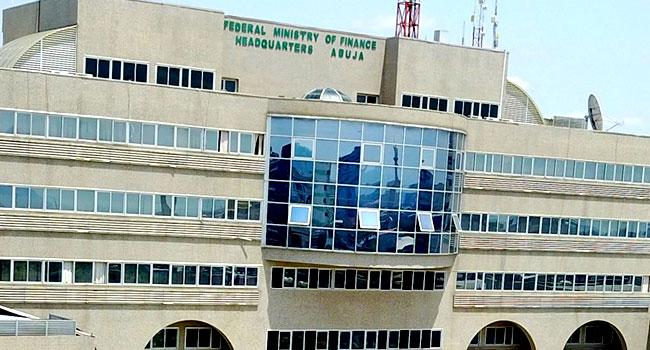In a transformative move, the Ministry of Finance Incorporated (MOFI) in Nigeria has declared its commitment to optimizing the value of Federal Government of Nigeria (FGN) assets.
In a comprehensive three-page statement released on Monday, January 15, MOFI unveiled plans to undergo a restructuring process, positioning itself as an active asset management corporation.
This strategic initiative is part of Nigeria’s broader efforts to unlock the estimated N180 trillion tied up in dormant or unused government assets, as the country intensifies its pursuit of additional funds. MOFI disclosed its intention to create a National Assets Register, consolidating and profiling all national assets and investments. Over 70 entities have already been cataloged in this register, shedding light on the vast and predominantly inactive assets within the country.
READ ALSO: MOFI Gears Up to Monitor Nigeria’s Global Real Estate, Solid Minerals, and Oil/Gas Assets
The current asset classifications outlined by MOFI include Corporate Assets (encompassing FGN’s shareholding across various entities), Concession Assets (assets for which economic rights are concessioned while ownership remains with the FGN), and Energy and Extractives (encompassing oil and gas, and solid mineral assets).
MOFI is also set to develop and implement policies and regulations to manage assets resulting from debt-related and concession-related transactions. Additionally, the organization aims to create a robust pipeline of investment opportunities linked to the Federal Government.
A recent move saw the Federal Government transferring its 40 percent shareholding in electricity distribution companies (DisCos) from the Bureau of Public Enterprises (BPE) to MOFI. Minister of Finance and Coordinating Minister of the Economy, Wale Edun, issued an order directing the MOFI Board of Directors to assume ownership, control, and management of the Federal Government’s equity in the 11 DisCos.
The remaining asset classes in MOFI’s strategic plan include Fixed Assets (real estate and other fixed assets), Financial Assets (FGN receivables), and Intangible Assets (rights of way, easements, patents, and trademarks).
READ ALSO: FG Partners with Chinese Firm for Steel Plant and Military Hardware Production in Nigeria
MOFI emphasized that this shift towards active asset management comes after significant reforms and restructuring. The corporation, established by the MOFI Act, 1959, has evolved from a unit in the Office of the Accountant-General to a full-fledged public sector asset management corporation. The move aims to address the underutilization and poor management of FGN assets across various sectors, ensuring they contribute meaningfully to Nigeria’s socio-economic growth.
MOFI expressed gratitude to the Bureau of Public Enterprises for its stewardship and emphasized its commitment to collaborating with stakeholders for a positive impact on Nigeria’s economic landscape. The revitalized strategy aligns with President Bola Ahmed Tinubu’s economic growth agenda, focusing on state ownership confirmation, professionalizing state ownership, and strategic resource mobilization and investment.



